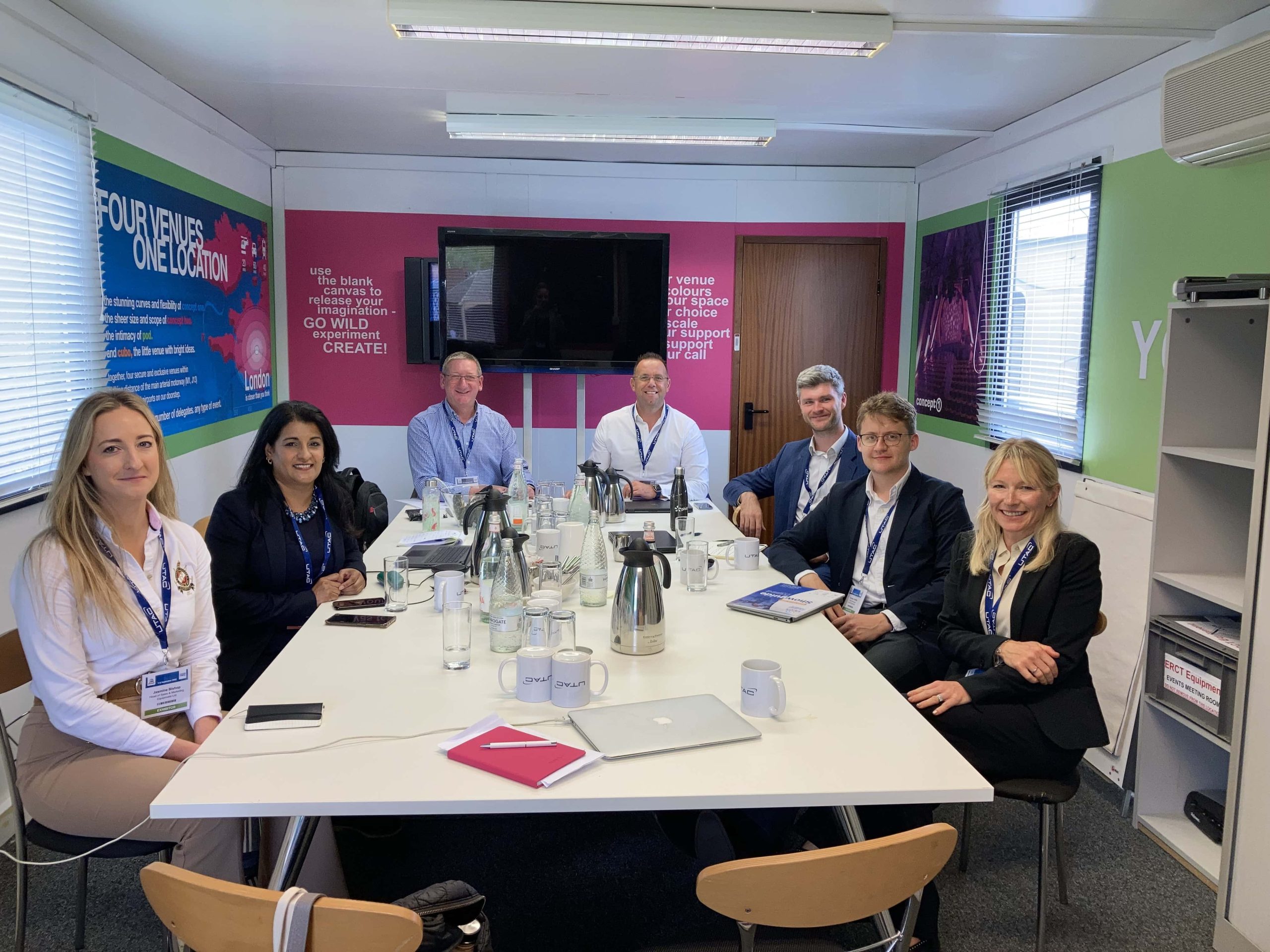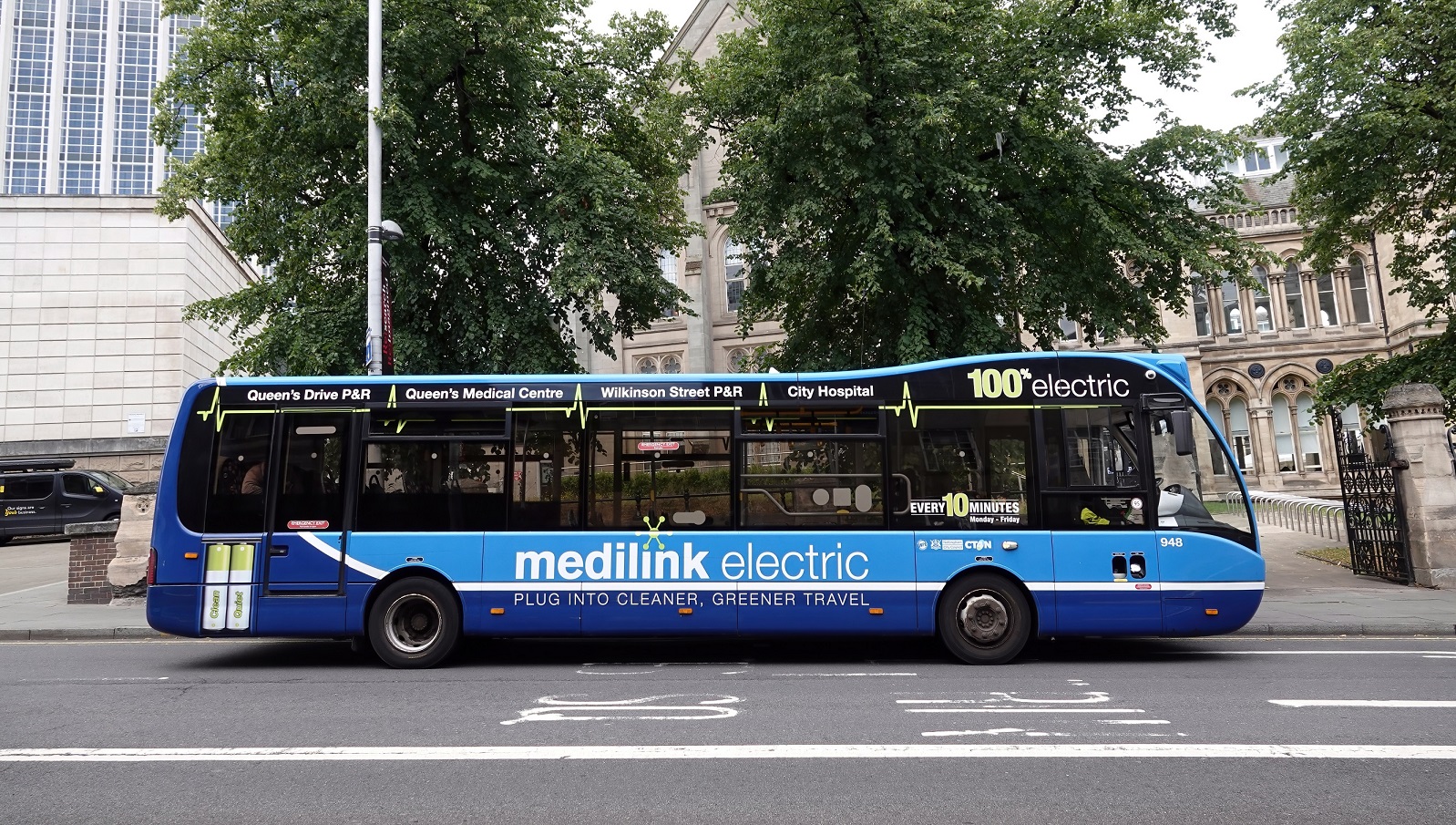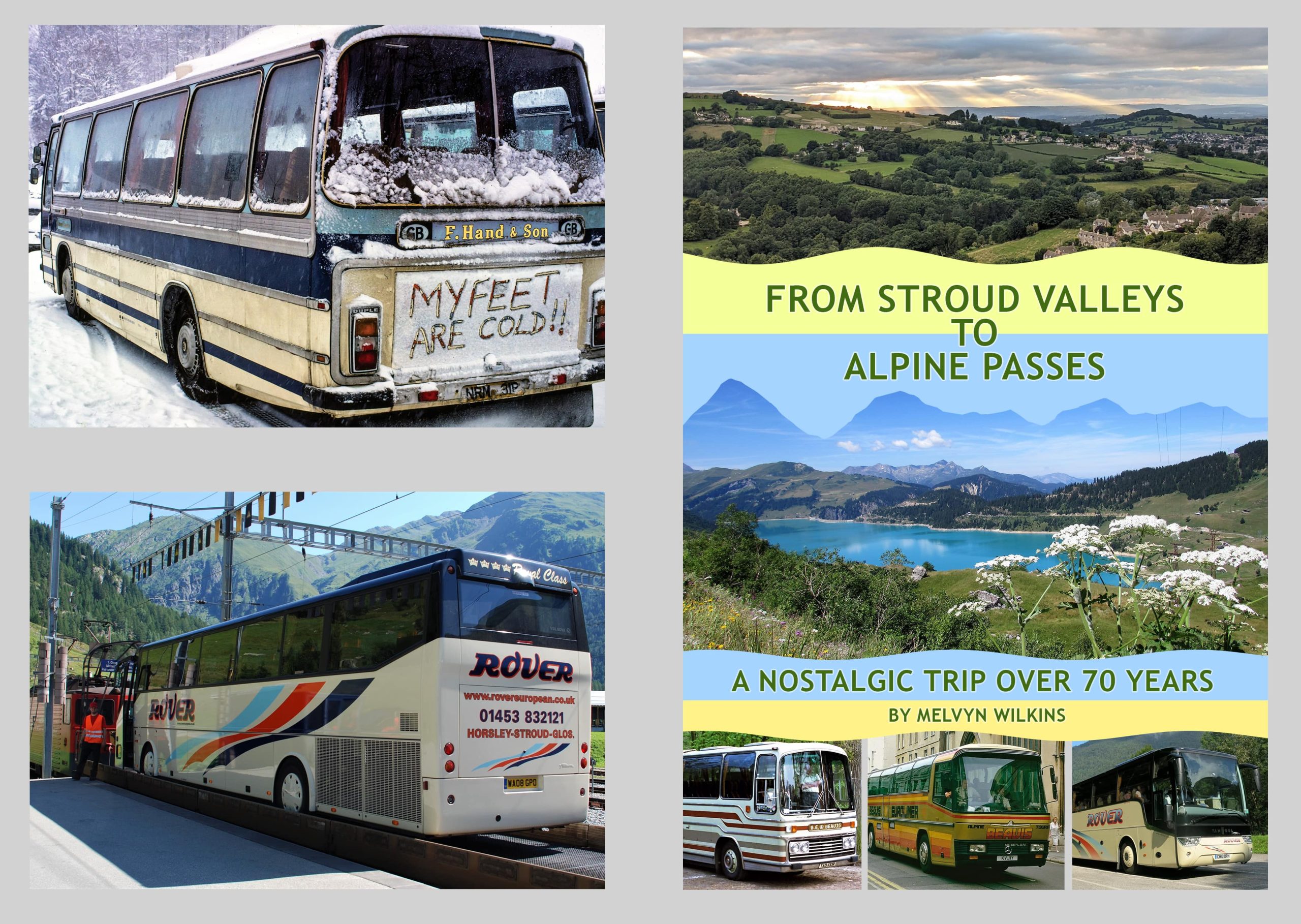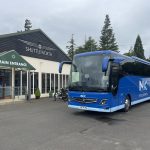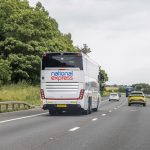CPT’s Zero Emission Coach Taskforce is preparing to launch its second report outlining solutions for the transition to ZE vehicles
The past 12 months have been a productive and exciting time for our Zero Emission Coach Taskforce (ZECT), following its establishment at our decarbonising coaches event in December 2021. Members met throughout the year to develop a workable and sustainable route map for the sector to transition to zero-emission (ZE) vehicles.
The Taskforce brings together key stakeholders, including coach operators and manufacturers, energy, infrastructure and finance providers, key stakeholders from the freight sector, and observers from government – all assigned with setting out the challenges to decarbonising the coach sector and identifying how they can be overcome.
Throughout January to March2022, the Taskforce met to identify the challenges facing industry, and confirmed the most significant barrier was the lack of certainty over the performance of ZE technologies, and whether battery-electric, hydrogen fuel cell-electric, or a combination of both, would deliver the best solution for coach services.
This lack of clarity subsequently resulted in additional challenges which fell into five main categories: Vehicles, infrastructure, finance, operational, and challenges for manufacturers.
Building on these challenges, the Taskforce commenced phase two of its work in September 2022, and met throughout the remainder of the year to identify potential solutions, explore possible collaborations, and to agree a list of commitments for both government and the sector that would enable coach operators to sustainably transition to ZE alternatives.
Members agreed that collating robust data is going to be crucial to identifying the right solutions and ensuring supportive measures are in place that will enable coach operators to decarbonise. Coach operators deliver a multitude of services of varying distances, ranging from home-to-school services which, on average, are typically around 50 miles, to domestic tourism and private hire services which can average over 250 miles. Coaches, therefore, need to be flexible, and the future powertrains must enable operators to continue delivering their full range of services.
In October, the Taskforce launched a coach operator survey to begin collating the data needed to help us provide an insight into the industry for government ministers to better understand how the sector operates, to support our asks for future policies, and to provide a specification for a ZE coach that will enable vehicle manufacturers to develop ZE technologies.
Respondents confirmed that a reliable network of recharging and refuelling infrastructure, as well as funding to help enable them to invest in new vehicles and the supporting infrastructure, were needed to give them the confidence to invest in ZE vehicles.
Electric vehicle batteries are significantly heavier than a standard diesel engine, and therefore reduce the payload of a vehicle. Operators confirmed that any reduction in payload would result in them needing to reduce the number of seats seats and luggage capacity offered to passengers. Coaches already provide a green and sustainable travel option; it is therefore vital that these implications are mitigated as much as possible.
An increase in battery range was identified as the biggest enabler for ZE vehicles, and respondents also called for the development of hydrogen solutions which could deliver a range close to diesel and refuel in a similar way.
In addition to our own research, BluMarbl, in collaboration with Zenobe, has developed a study which, using coach operators’ tachograph and telematics data, looks to collate data on the coach sector to show where coaches are travelling to and the distance covered. The results will strengthen the data from our own survey, enable us to identify strategic locations for recharging, and develop a tool that will make recommendations on how operators can transition their fleets.




















